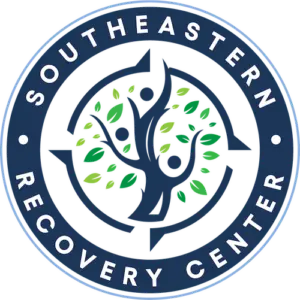Opinions about cell phone use in rehab centers are mixed – determining what works best for you is important when choosing an individualized treatment program.
Choosing the right rehabilitation center is a major decision when starting the recovery process – and it is critical to the overall journey. There is a growing interest in mobile technology and many individuals who seek treatment have begun prioritizing facilities that allow the use of cell phones. While the idea of keeping a cell phone during rehab may raise some concerns, it can offer many benefits when managed properly. Explore what to look for in rehabs that allow cell phones and how these facilities can support effective recovery.

The Benefits of Allowing Cell Phones in Rehab
The decision to allow cell phones in rehab centers has sparked considerable debate, with some arguing that it can serve as a distraction while others see it as a beneficial tool for recovery. Recognizing the benefits of allowing cell phones in rehab can show how they can improve the treatment process. By keeping in touch with support networks, accessing helpful digital resources, and ensuring emergency communication, cell phones can be a vital part of supporting individuals on their path to recovery.
Statistics show that 97% of the population now owns a cell phone – 9 in 10 own a smartphone.
Staying Connected with Support Networks
One of the primary benefits of having a cell phone in rehab is maintaining contact with support networks. Family and friends play a crucial role in an individual’s recovery journey, offering emotional support and encouragement. Rehabs that allow cell phones enable patients to stay connected with their loved ones, providing a sense of stability and motivation.
Access to Digital Resources
Cell phones provide access to all kinds of digital resources that can support recovery. This includes educational materials, recovery apps, meditation guides, and online support groups. These tools can complement traditional therapy and provide additional coping strategies and information to aid the recovery process.
It is estimated that over 20 million people in the US have a substance use disorder. Less than 4 million receive treatment for it – and for some it is the lack of access to resources.
Emergency Communication
Having a cell phone ensures that patients can communicate in emergencies. Whether it’s a health issue or an urgent family matter, being able to reach out quickly can provide peace of mind for both the patient and their loved ones. This immediate access to communication helps create a sense of security, allowing patients to focus more fully on their recovery without worrying about missing critical updates from home.
Concerns About Cell Phones and How Rehabs Address Them
While the idea of allowing cell phones in rehab centers holds several potential benefits, it also raises significant concerns that cannot be overlooked. The primary worry revolves around the potential for distraction, as unrestricted access to social media, games, and other non-therapeutic activities can detract from the focus on recovery. Issues of privacy and security also emerge, given the sensitive nature of the information shared in therapy sessions. Balancing the autonomy provided by cell phones with the structured environment essential for effective treatment poses another challenge. Addressing these concerns is crucial for ensuring that the presence of cell phones in rehab supports, rather than hinders, the recovery process.
Distraction and Misuse
One of the main concerns with allowing cell phones in rehab is the potential for distraction and misuse. Social media, games, and other non-therapeutic uses can detract from the recovery process. Reputable rehabs address this by setting clear guidelines on cell phone usage. This may include designated times for phone use, restrictions on certain apps, and monitoring to ensure that phones are used constructively.
Privacy and Security
Privacy and security are also important to consider. Sensitive information shared during therapy sessions should remain confidential. Rehabs that allow cell phones typically have strict policies to prevent recording or sharing of any treatment-related content. They may also have secure Wi-Fi networks and other measures to protect patient privacy.
Patients undergoing treatment for substance use disorders are protected under HIPAA – These protections help address concerns about being discriminated against and the fear of prosecution for entering a program.
Balancing Independence and Structure
Rehabs need to strike a balance between providing independence and maintaining a structured environment. Allowing cell phones can be part of empowering patients, but it’s essential that this doesn’t undermine the treatment process. Effective rehabs implement structured schedules and activities that minimize downtime and keep patients engaged in their recovery.

6 Things to Look for in Rehabs Allowing Cell Phones
Selecting the right rehabilitation center makes all the difference when trying to get sober. For many, the ability to retain access to their cell phones is an important thing to consider. Rehabs that allow cell phones can offer significant advantages, such as maintaining contact with support networks and utilizing digital recovery tools. However, it’s essential to ensure that these facilities manage cell phone usage in a way that supports the recovery process rather than detracting from it.
When choosing a rehab that permits cell phones, there are several key features to consider, including comprehensive policies, a structured environment, access to digital resources, and robust monitoring systems. Understanding what to look for in these facilities can help you make an informed decision and find a rehab that effectively integrates cell phone use into its treatment program.
1. Clear and Comprehensive Policies
When considering a rehab that allows cell phones, it’s essential to look for clear and comprehensive policies regarding their use. These policies should outline acceptable uses, times when phones can be accessed, and any restrictions on apps or activities. This clarity helps set expectations and ensures that cell phones are used in a way that supports recovery.
2. Structured Environment
A structured environment is crucial in any rehab setting. Look for facilities that offer a well-organized daily schedule with minimal downtime. This can include therapy sessions, group activities, exercise, and recreational activities. A structured environment helps patients stay focused on their recovery while allowing time for constructive cell phone use.
3. Access to Digital Recovery Tools
Rehabs that embrace technology often provide access to digital recovery tools. This can include recovery apps, online support groups, educational resources, and telehealth services. These tools can be invaluable in complementing traditional therapy and providing additional support.
4. Monitoring and Support
Effective monitoring and support are key to ensuring that cell phones are used appropriately. Look for rehabs that have staff available to monitor phone usage and provide guidance. This can include regular check-ins, monitoring of internet activity, and support in finding and using digital recovery tools.
Most rehab centers that allow cell phone use enforce strict rules, which may require close monitoring, to ensure that programs are not hindered by the presence of the technology.
5. Emphasis on Family Involvement
Rehabs that allow cell phones often place a strong emphasis on family involvement. Look for facilities that encourage regular communication with family members and offer family therapy sessions. This involvement can strengthen the support network and enhance the recovery process.
6. Secure and Safe Environment
Ensuring a secure and safe environment is important. Check for rehabs that have secure Wi-Fi networks, robust privacy policies, and measures to prevent the misuse of cell phones. This helps protect patient privacy and ensures that cell phones are used in a way that supports recovery.

Additional Things to Consider in a Rehab Facility
When selecting a rehabilitation center, the decision involves more than just whether cell phones are permitted. It’s important to consider a variety of other factors that can significantly impact the effectiveness of the treatment and the overall recovery experience. These ensure that the rehab facility not only meets high standards of care but also provides the personalized support necessary for long-term recovery. Here are a few other things to consider:
- Individualized Treatment Plans: Every individual’s recovery journey is unique, and effective rehabs recognize this by offering individualized treatment plans. Look for facilities that tailor their programs to meet the specific needs of each patient. This personalization can enhance the effectiveness of the treatment and support long-term recovery.
- Qualified and Compassionate Staff: The quality and compassion of the staff are critical factors in any rehab setting. Look for rehabs with qualified, experienced, and empathetic staff members. They should be trained to support patients in using cell phones constructively and integrating digital tools into their recovery process.
- Positive Reviews and Testimonials: Researching reviews and testimonials can provide valuable insights into the quality of a rehab facility. Look for positive feedback from former patients, especially regarding the use of cell phones and how it impacted their recovery. This feedback can help you gauge the effectiveness of the facility’s approach.
- Accreditation and Licensing: Ensure that the rehab facility is accredited and licensed. Accreditation from reputable organizations, such as the Joint Commission or the Commission on Accreditation of Rehabilitation Facilities (CARF), indicates that the facility meets high standards of care. Licensing ensures that the facility complies with state regulations.
- Aftercare Support: Recovery doesn’t end when a patient leaves rehab. Aftercare support is crucial in maintaining long-term sobriety. Look for rehabs that offer robust aftercare programs, including continued access to digital recovery tools, support groups, and regular check-ins. This ongoing support can help patients navigate the challenges of post-rehab life.
Finding the Right Rehab That Allows Cell Phones
Choosing a rehab that allows cell phones to be used during recovery comes with its own benefits. When evaluating rehabs, look for comprehensive policies, a structured environment, access to digital tools, effective monitoring, family involvement, and a secure setting – before making your final decision. If you find yourself unsure about what to look for, reach out to Southeastern Recovery Center today. Our experienced staff can help you and answer any questions you might have about our cell phone policies.






